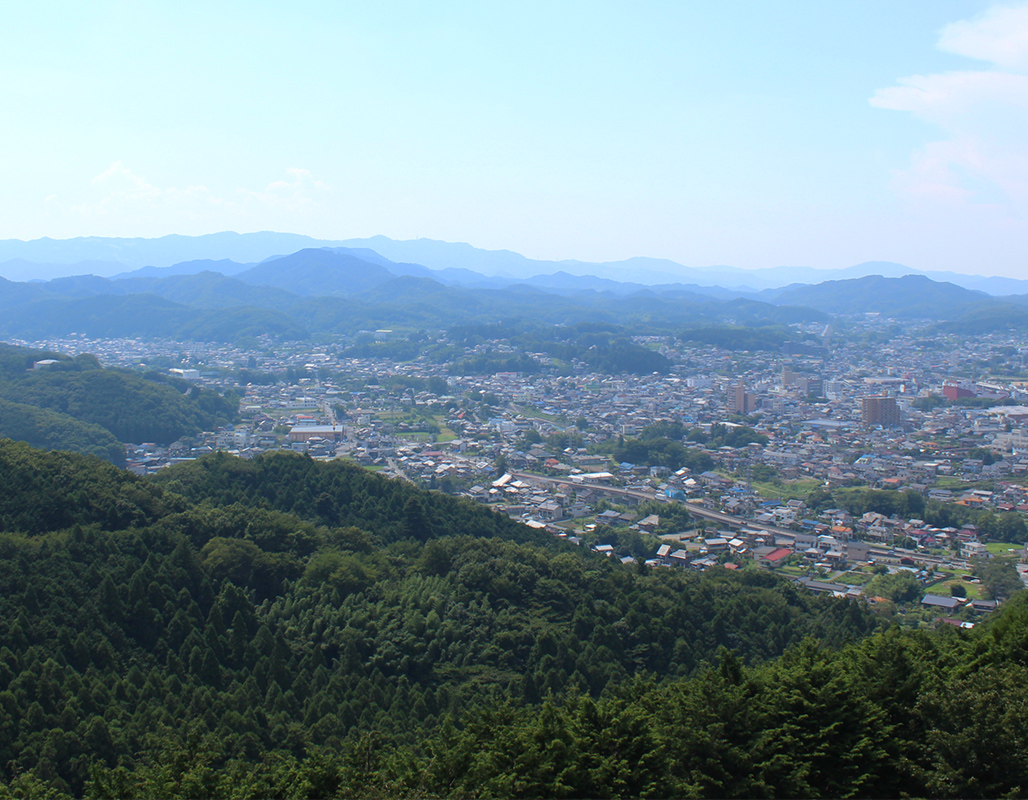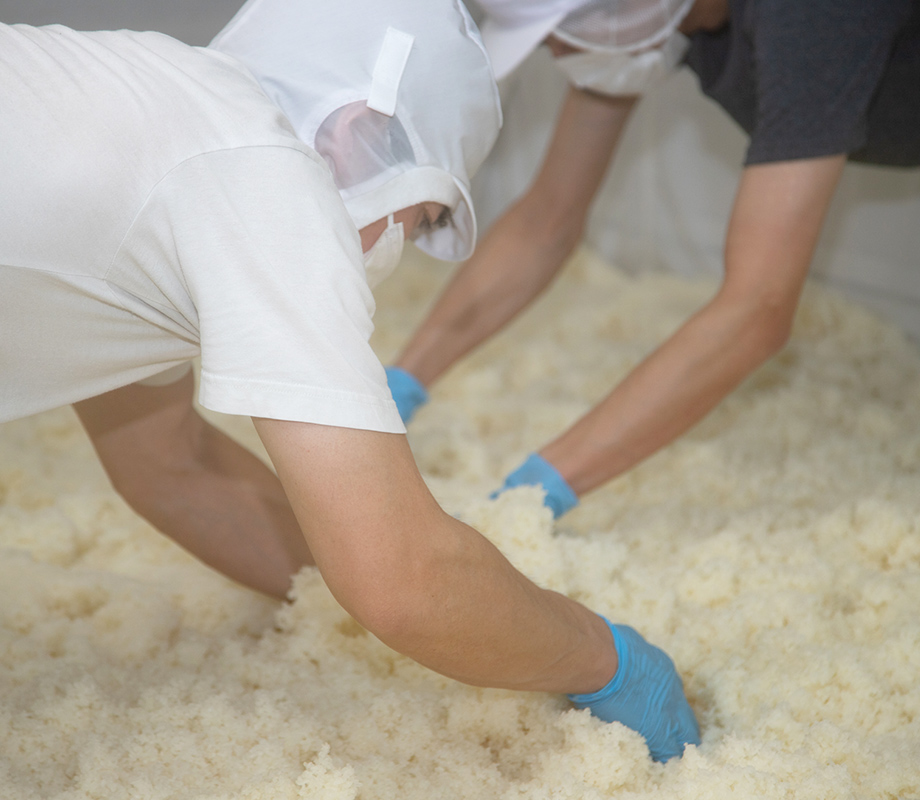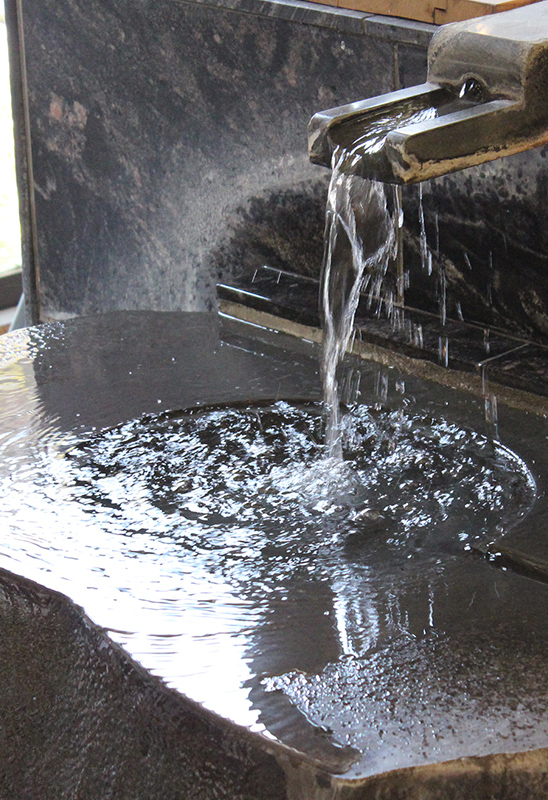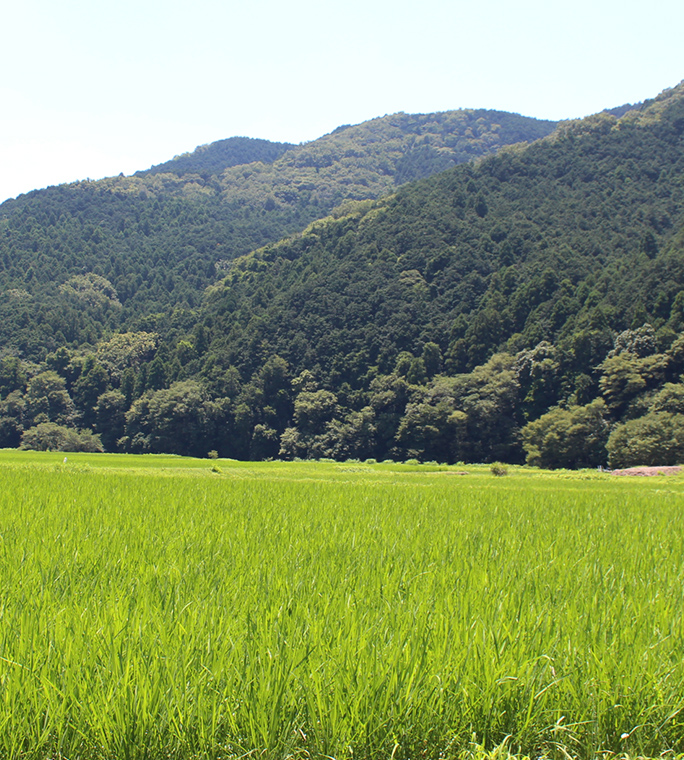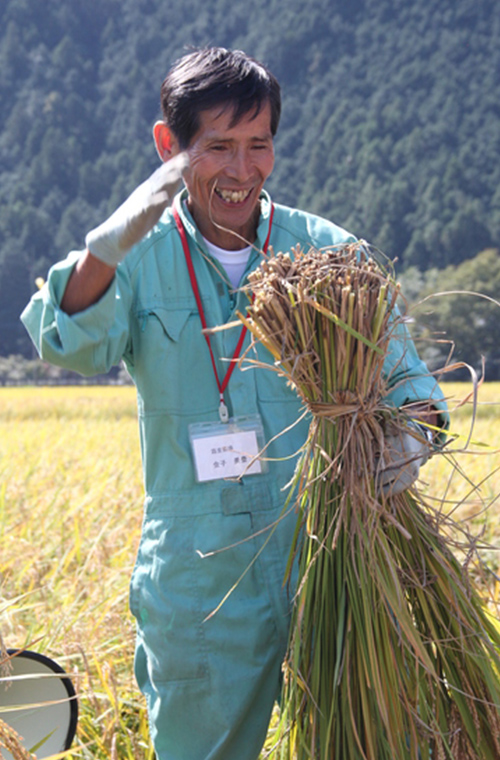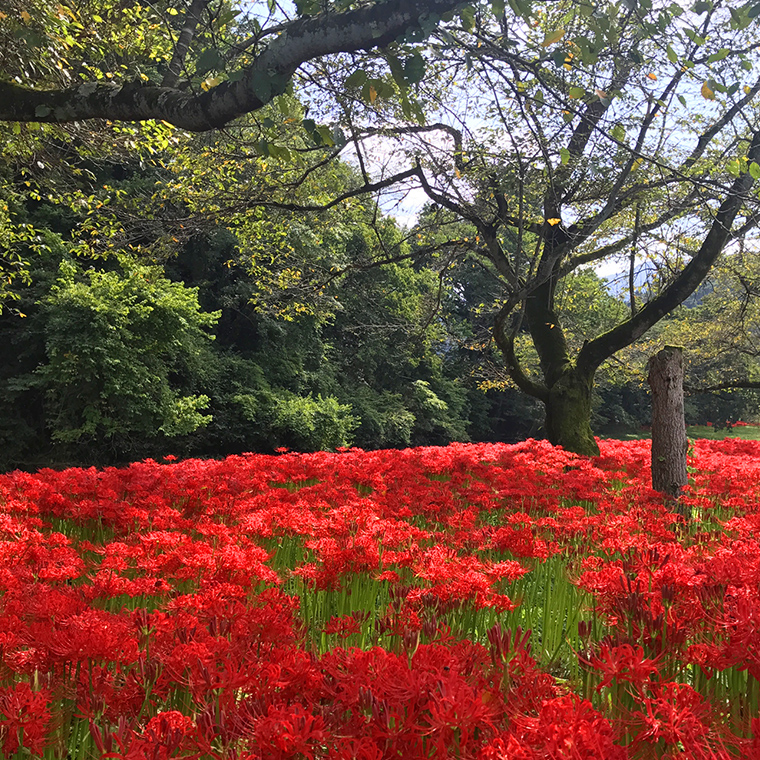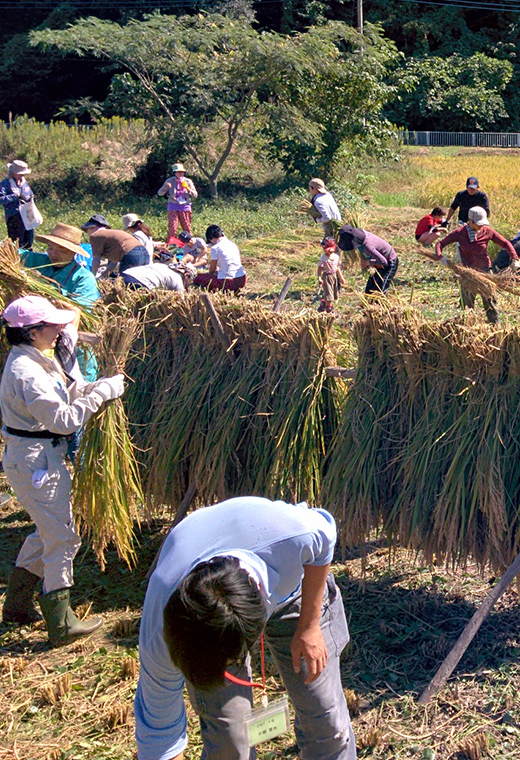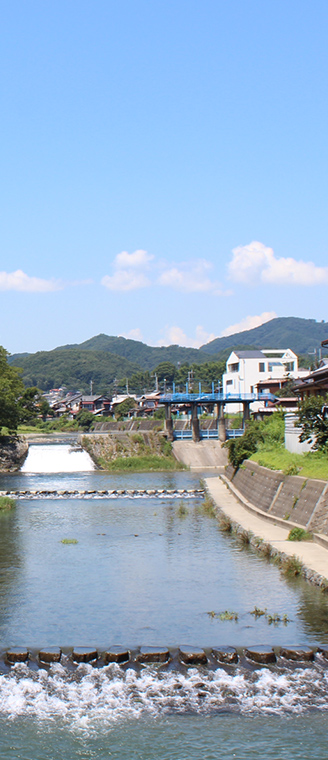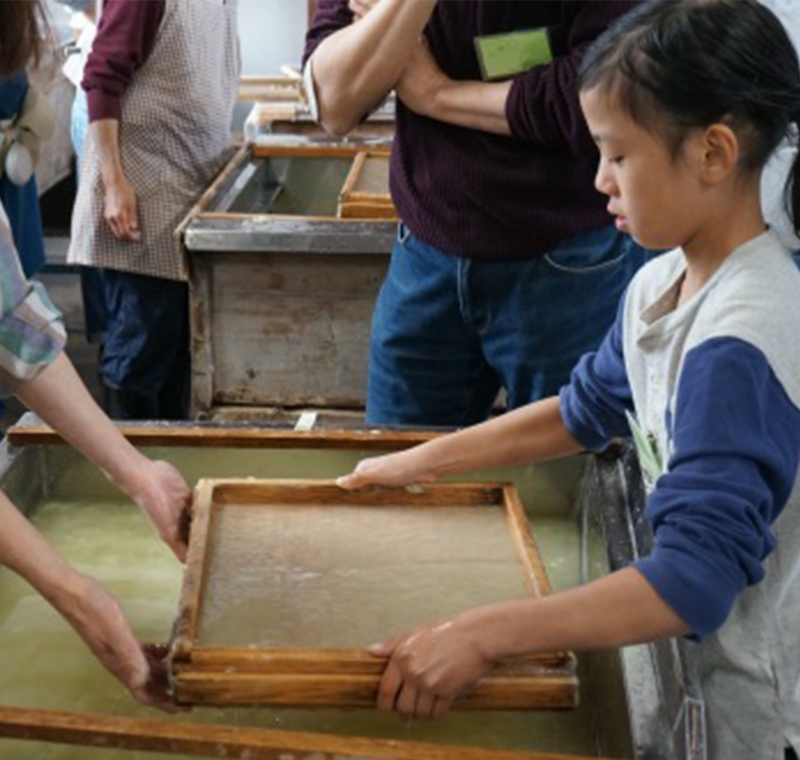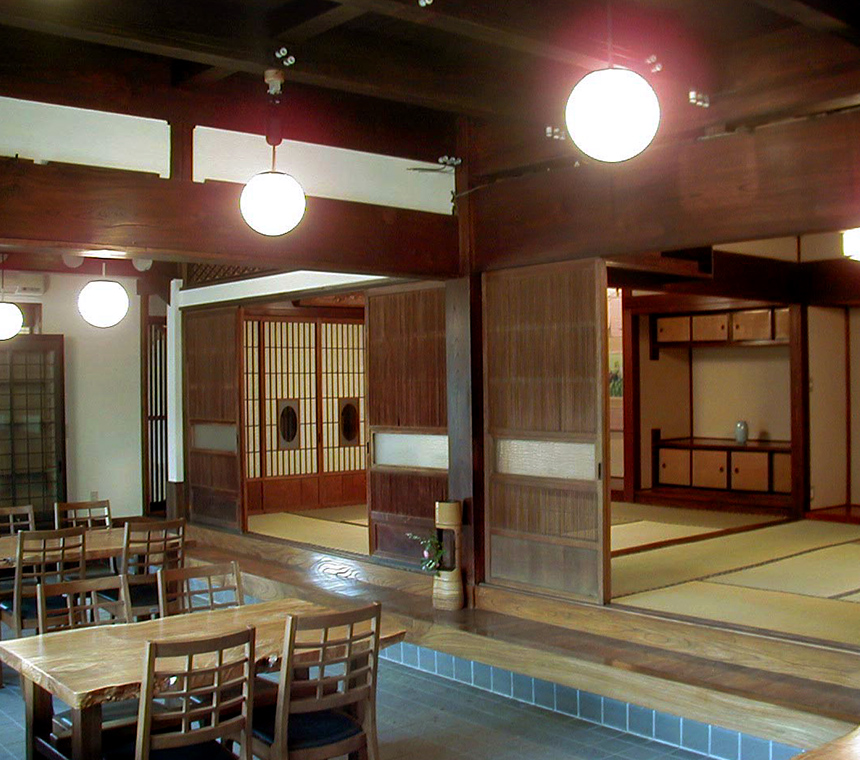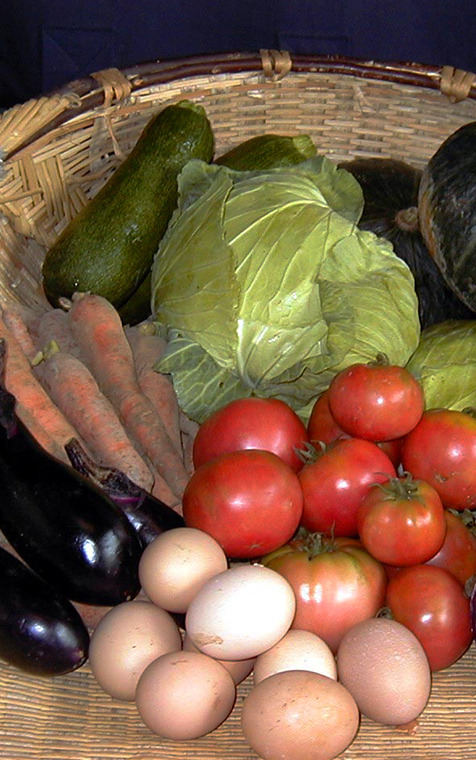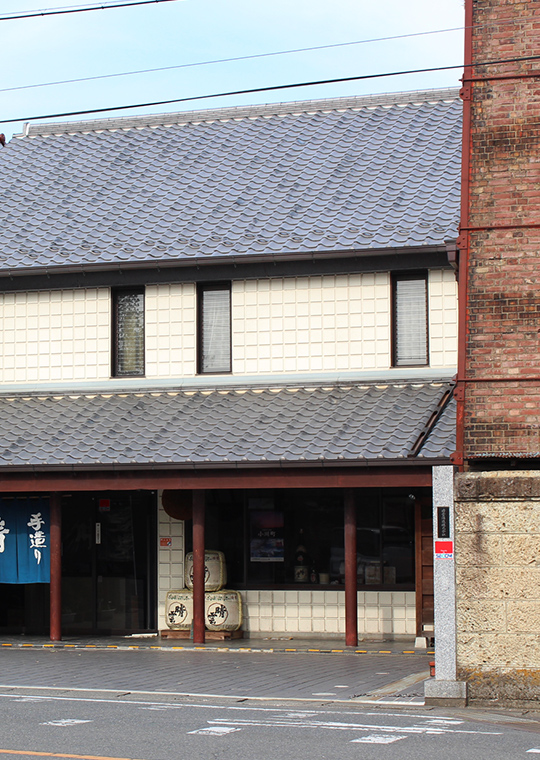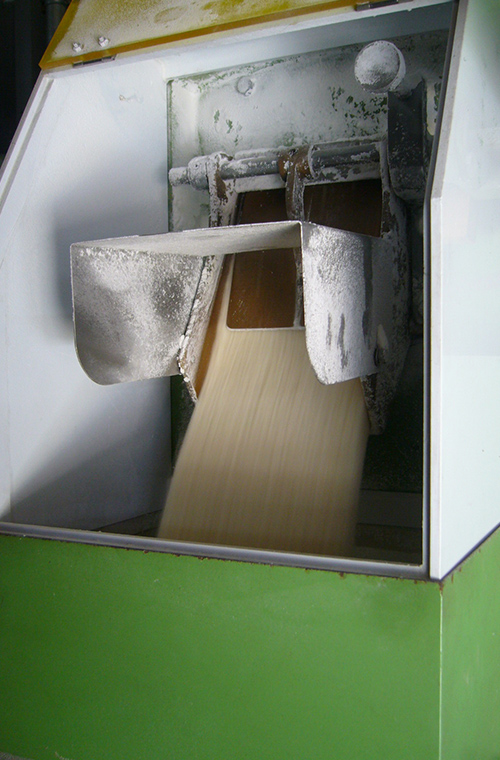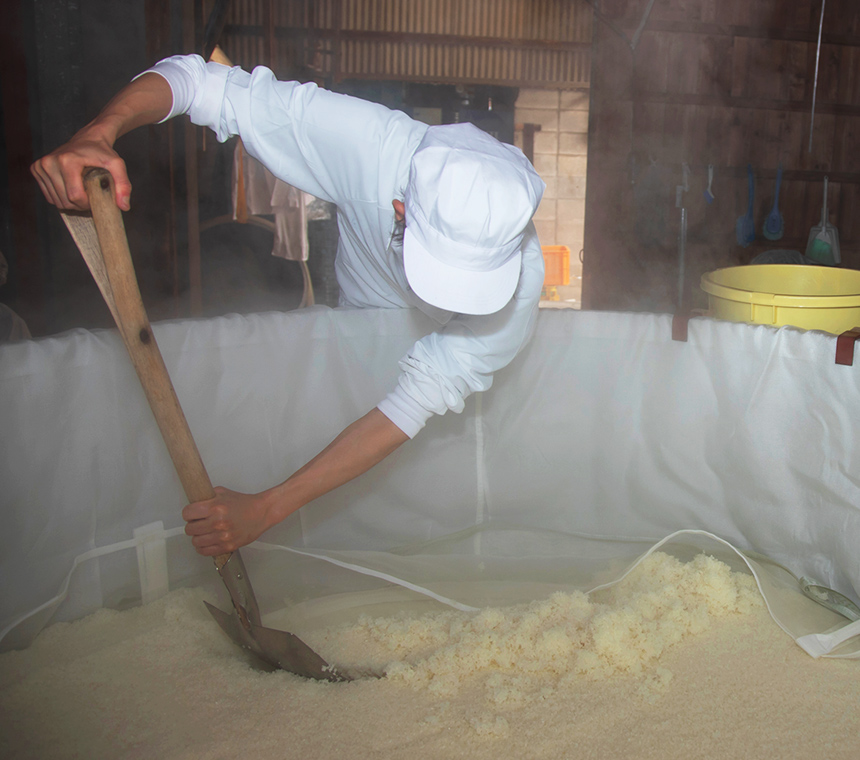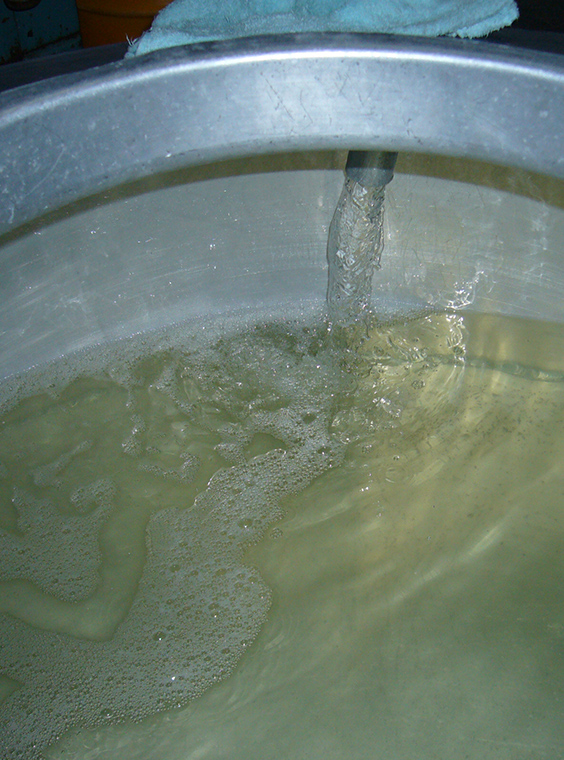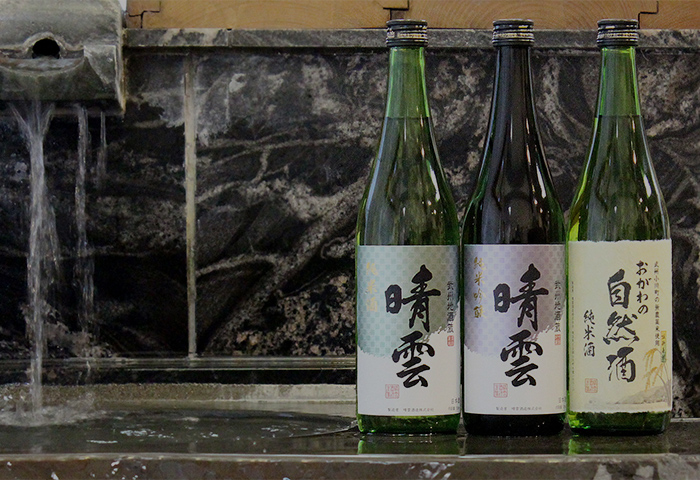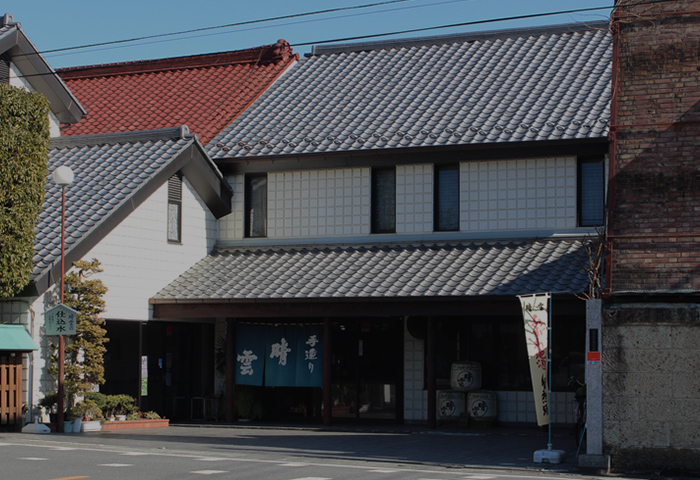About Us
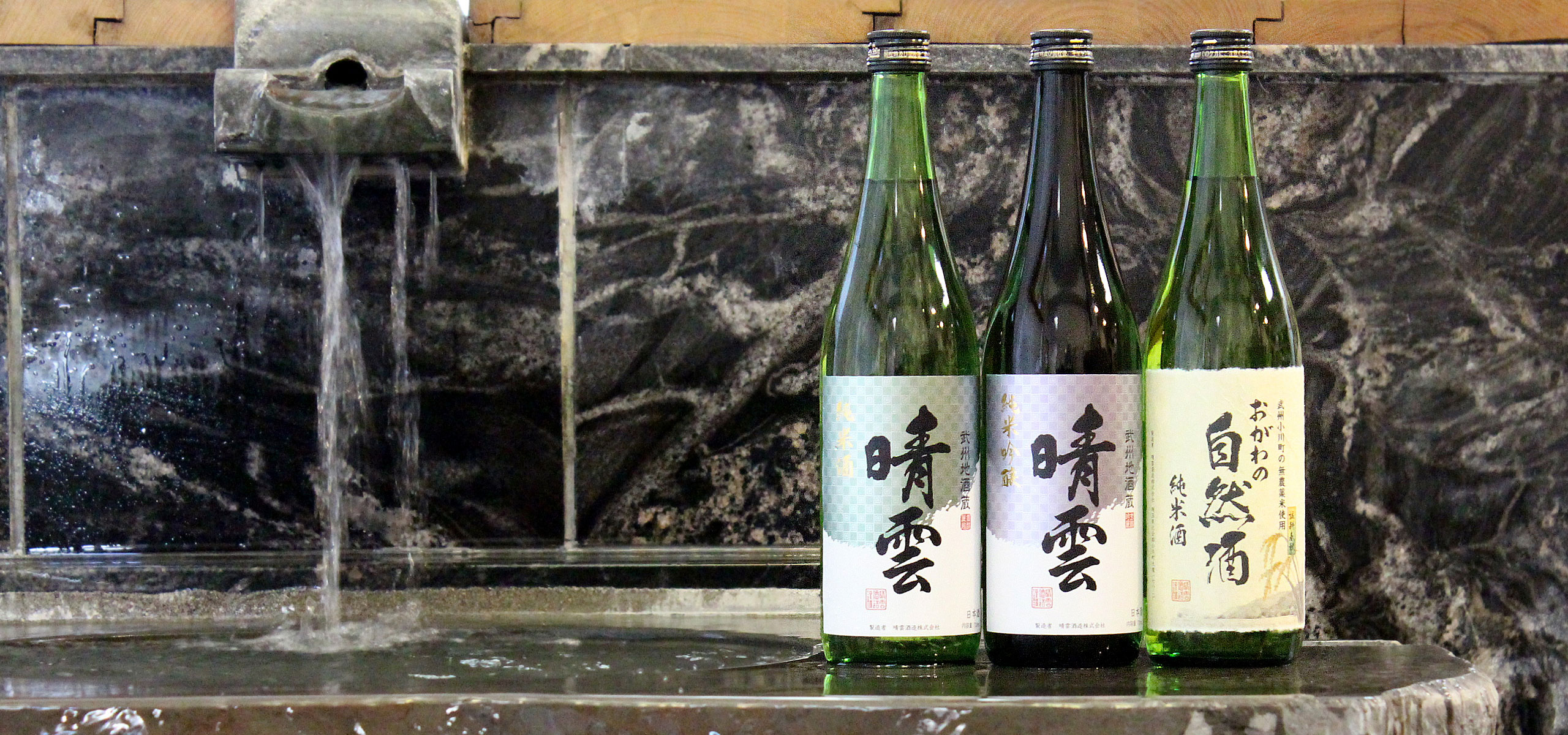
Brewing sake with the bounty of nature
Since its establishment in 1902, Seiun Sake Brewery has been brewing quality sake with the aim of creating sake loved by the local community.
The groundwater of Ogawa-machi is abundantly supplied from the surrounding mountain, and the quality of the water is said to be comparable to "Nada no Miyamizu (Famous spring in Kansai region)." The town is also known as "Kanto Nada" (Nada of the East) as one of the best brewing areas in the Kanto region. The cold winter temperatures unique to the basin nurtures Ogawa washi (traditional Japanese paper)which is ideal for ginjo brewing.
Seiun Brewery also actively purchases rice produced in Saitama Prefecture, much of which is harvested in the local surrounding area. For the past 30 years, local pesticide-free rice has also been used, and this rice is carefully polished by the company's own milling process to become the raw material for sake brewing.
Seiun is our sake, created from rice lovingly grown by local farmers and carefully brewed by our toji (master sake brewer), taking advantage of the town's nature blessings.
Home of Organic Farming
Organic farming in Ogawa-machi began in 1971, when Yoshinori Kaneko, a pioneer of organic farming in Japan, converted to organic farming at his farm (Shimozato Farm).
Seiun Sake Brewery began producing "Ogawa no Shizenshu (Natural Sake)" in partnership with Mr. Kaneko with rice harvested in 1988, and since then we have deepened our cooperation with organic farmers in Ogawa-machi for more than 30 years. In 2004, we also launched the "Enjoy Sake Brewing from Rice Cultivation" program to allow consumers to experience the joys of organic farming and sake brewing.
In the spring of 2005, we opened a sake brewery restaurant "Tamaiya", featuring local vegetables and sake from our brewery. As a role of connecting producers and consumers, we are working together with organic farmers to make the town "Home of Organic Food."
In 2010, the Shimozato district of Ogawa-machi was awarded the "Emperor's Trophy" in the "Commendation Project for the Creation of a Prosperous Village" sponsored by the Ministry of Agriculture, Forestry and Fisheries of Japan. Since the Emperor's visit to the area to observe organic farming, the area has become known not only in Japan but also internationally as a beautiful and prosperous village.
Where industry breathes in harmony with the natural environment
Located on the western edge of the Kanto Plain, Ogawa-machi is a treasure trove of nature, with the Tsuki and Kabuto Rivers flowing through the basin and its mountains, surrounded by the lush green mountains of the Outer Chichibu region. The town is blessed with seasonal flowers such as katakuris (dogtooth violets) and cherry blossoms in spring. There is also a colony of fireflies flying around in the upper reaches of the Tsuki River. As a production center of washi (traditional Japanese paper), which is registered as a UNESCO Intangible Cultural Heritage and fittings, the town has nurtured its history together with industries that have utilized the surrounding natural resources since 1,300 years ago.
It is also called "Musashi's Little Kyoto" as an industrial town where handmade washi workshops and fixture factories still exist in harmony with nature.
For a sustainable community
In our sake brewing process, the bran produced when rice is milled returns to the soil in the fields of organic farmers, and the sake lees are used as an ingredient in shochu or served at home as sweet sake or sake lee soup. Food residues from the restaurant "Tamaiya" attached to the site are turned into compost and transformed into crops. Our products and services are cycled in this way.
Seiun Sake Brewery will continue to respect the community and natural environment that nurtured our sake even as times change, and will brew sake in a sustainable manner.
